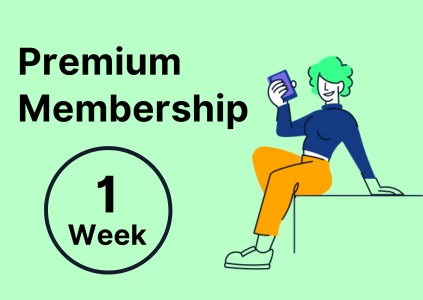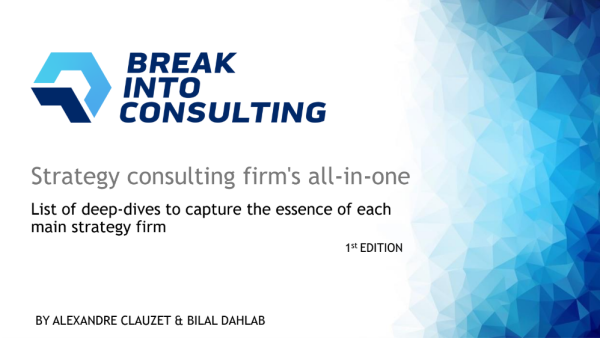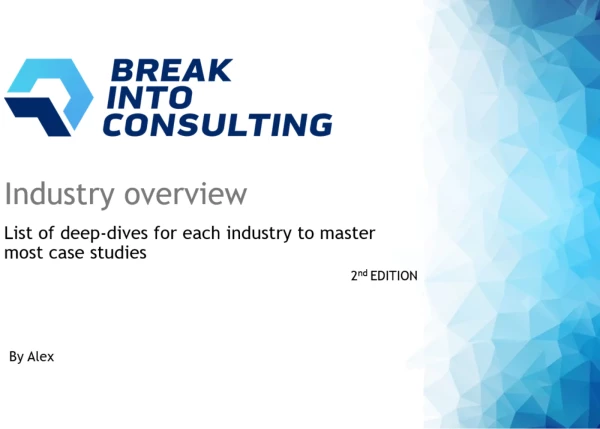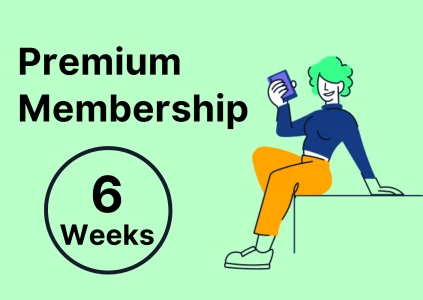Again, am new here. Been a while for me. Was exploring this site, looking around.
Found this. See link at the end re. market share.
Let's consider TMT. If I am asked this, I'd actually think that the "worst answer" mentioned in the commets actually makes sense, i.e. looking at market and company and whatnot first. An Asian telecom vendor gained market share by having rock bottom pricing (or free even!). They are now the world's largest vendor. I also came across a different thread, one on BCG TA or smtg, where things like Cloud and IoT were mentioned. Example, Caterpillar, they invested in IoT. Do they sell construction and agri equipment? Or do they provide agri & cons productivity services? With a different charging model?
I really am slow. Take time to think. Oh well... such is life.
https://www.preplounge.com/en/consulting-forum/mece-ways-to-grow-market-share-205






